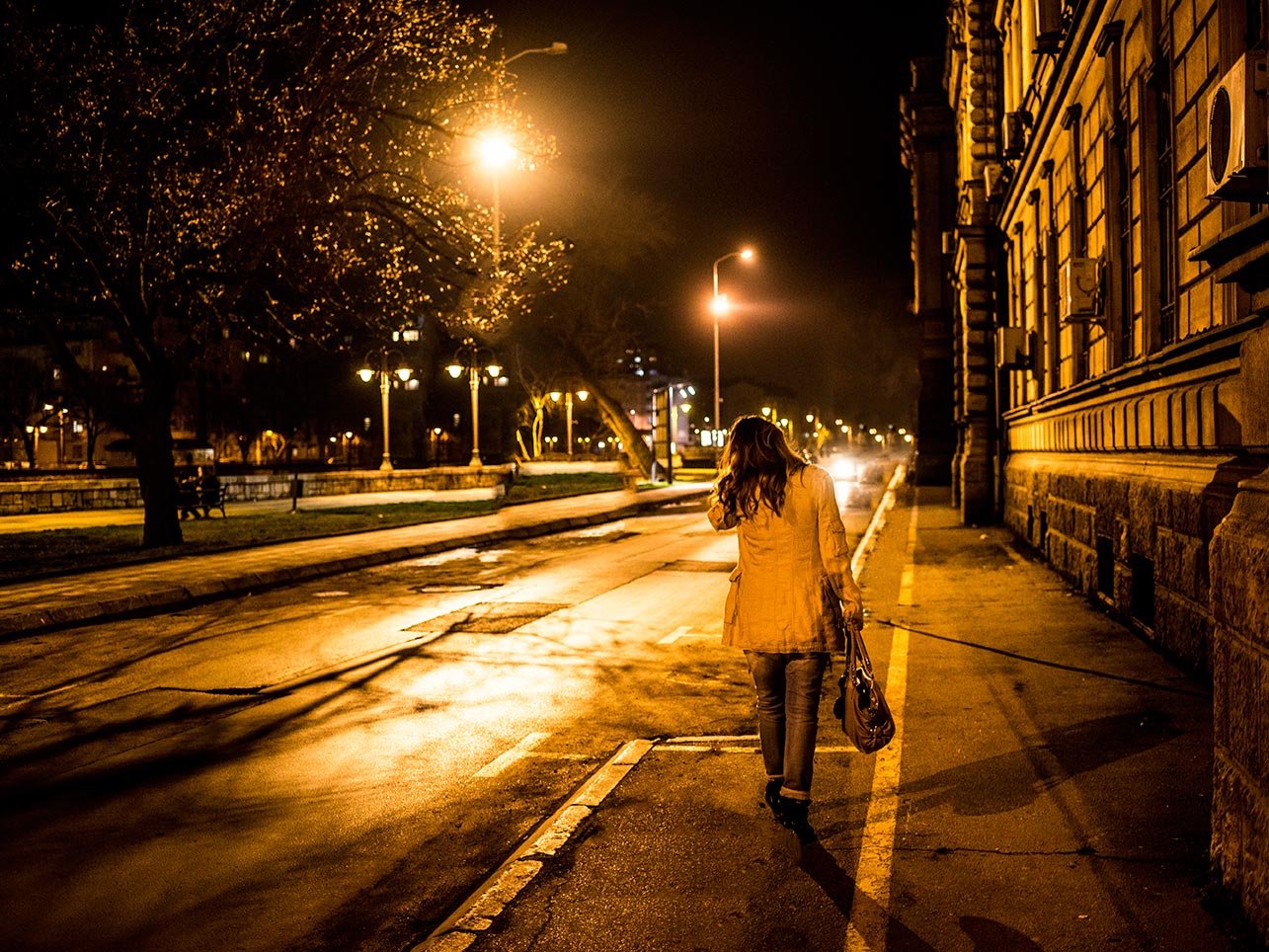International Women's Day: 85% of younger women have been sexually harassed in public
'If women are planning their lives around not being harassed or assaulted, they are not free'

A shocking proportion of women under the age of 25 have been sexually harassed in public places, leading many of them to plan their daily life in order to avoid situations where they feel unsafe.
Campaigners condemned the fact that women were having to change their routine because sexual harassment was such a "regular" occurrence.
The findings come from a new survey by YouGov, which was commissioned by coalition group End Violence Against Women to mark International Women’s Day.
Sexual harassment is the most common form of abuse for women, according to the survey of 1,650 British adults.
Of the women aged between 18 and 24, 85 per cent said they had been sexually harassed in public places. Nearly half of this age group said they had experienced unwanted sexual touching.
The figure for women of all ages who said they had been sexually harassed in public was 64 per cent.
More than 80 per cent of women who had experienced unwanted sexual touching said they would have liked someone to intervene, but this only happened for 11 per cent of them.
Furthermore, the research revealed that 63 per cent of women felt unsafe in public places, with many making the decision to avoid taking public transport, to leave early from places and to take a different route home. Of the men who took part in the survey, 45 per cent said they did not feel safe in public places.
Student Charlotte Stevens, 21, said it was “unsettling and infuriating” that she had had to change her journey home from work because there were “men who [would not] leave [her] alone”.
Sarah Green, the acting director at the End Violence Against Women Coalition, said: “If women are planning their lives around not being harassed or assaulted, they are not free."
“Women should be free to live their lives without the threat of harassment and violence, not having to plan and limit their choices to make sure they’re safe.”
Ms Green added: “Girls and young women are growing up in the UK today being exposed to unwanted sexual attention, harassment and assault.”
“They are learning to change their behaviour so they can manage these incidents because they are so regular. We need to really question any idea that this behaviour is trivial or in any way acceptable given what we can see about its impact.”
In a statement given to The Independent, Polly Neate, the chief executive of Women’s Aid, said: “This survey shows how far we have to go in our society to make it as safe for women as it is for men. Violence against women is underpinned by misogyny, and it is vital that we do not accept the sexual harassment of young women in public as a 'part of life'.”
“This routine assaults on women must be challenged and taken seriously.“
Subscribe to Independent Premium to bookmark this article
Want to bookmark your favourite articles and stories to read or reference later? Start your Independent Premium subscription today.

Join our commenting forum
Join thought-provoking conversations, follow other Independent readers and see their replies